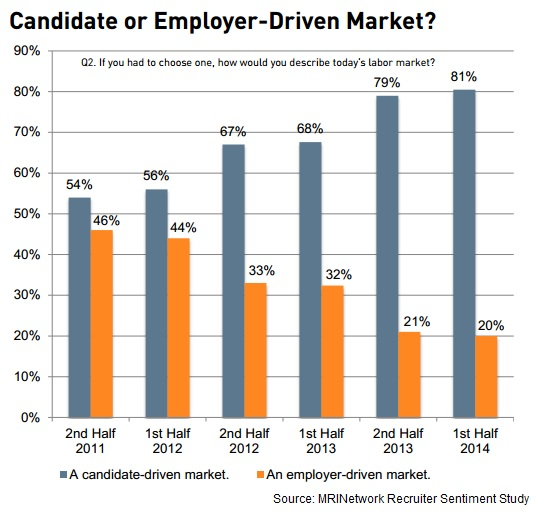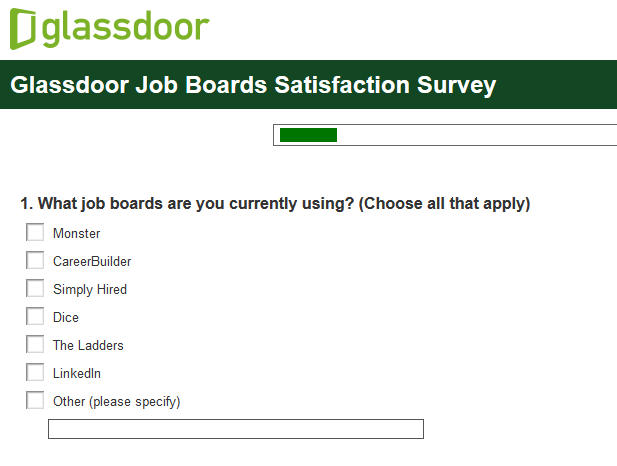There’s one big reason you can’t find talent right now. Here it is:

Simple economics plays a huge role in your ability to hire well. We all like to think we are super star rock star talent acquisition pros, but the reality is we are mostly just pawns in economic cycles. Sure you can have a great employment brand, and have great recruiting tools, and even have the most talented recruiters money can buy. But rarely can’t you beat simple supply and demand.
Want to know why you’re struggling to hire right now? There aren’t enough candidates for the jobs you need to fill. It’s really quite simple.
We have an extended recession where almost all employee development and employee growth programs got cut to the bone. No apprenticeships. No internships. Old people held onto their jobs because of the recession, while younger people went and found other ways to make ends meet. The stock market that was in the tank during the recession came back bigger than ever. The old people now want to retire, and they are in bulk!
Now you want to hire because business is back! You have new positions to add. You have old employees leaving you with all of that knowledge, and you haven’t seriously tried to grow an employee in a decade.
It took you 10 years to get to this point. It’s going to take you more than increased job board ads and new ATS to get you out of this. Here are few tips to get you through a Candidate Driven Marketplace:
1. Start growing your own now. No, it’s not a short term solution. But you must realize your problem is both short and long.
2. Get comfortable with stealing talent from your competitors and anyone else. Also, they’ll be stealing from you. Welcome to the show.
3. Upgrade your recruiting staff, yesterday. Yeah, I like Bonnie to, but she can’t really recruit.
4. You have to get your organization to understand your reality. Like Hillary said, “It takes a village”.
5. Learn the concept “Total Talent” and get comfortable with it. The rest of the world already has. The U.S. is a decade behind. Total talent is the concept that an organization has many avenues of talent: direct employees, consultants, contract employees, temporary employees, part time, job share, etc. No longer should you even want just ‘direct’ employees. Smart talent acquisition strategy incorporates all levels of talent, not just one. Unless your name is Bonnie.

